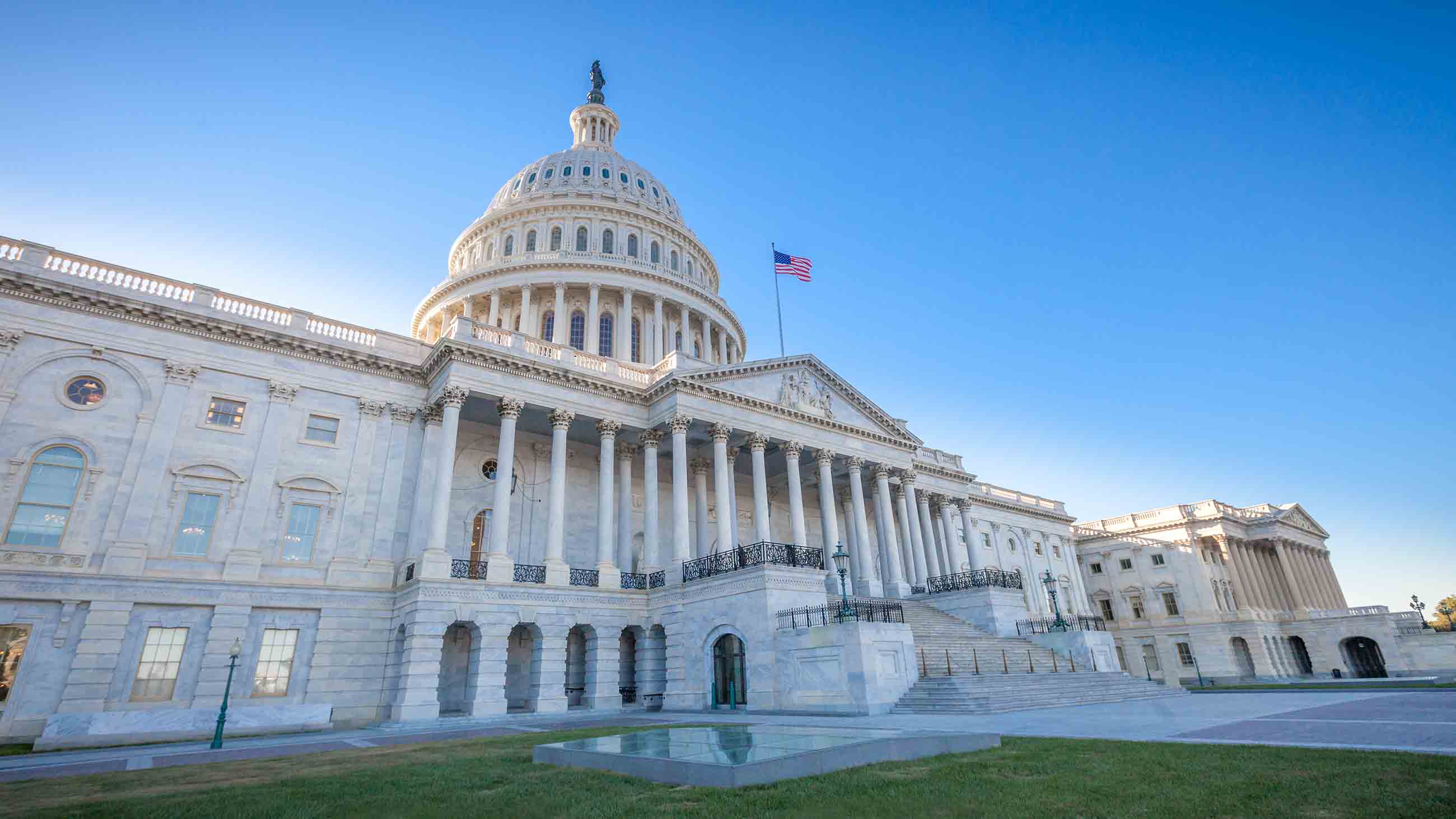Tag: fund
-

Possible Government Shutdown with CHIP in the Balance?
Friday, Jan. 19: Government shutdowns are rare, with the last shutdown in 2013 that lasted 17 days. Even though the U.S. House passed legislation that would fund CHIP for six more years, the Senate may not approve the measure. In fact, Congress is facing the possibility of another government shutdown, which could leave health care…